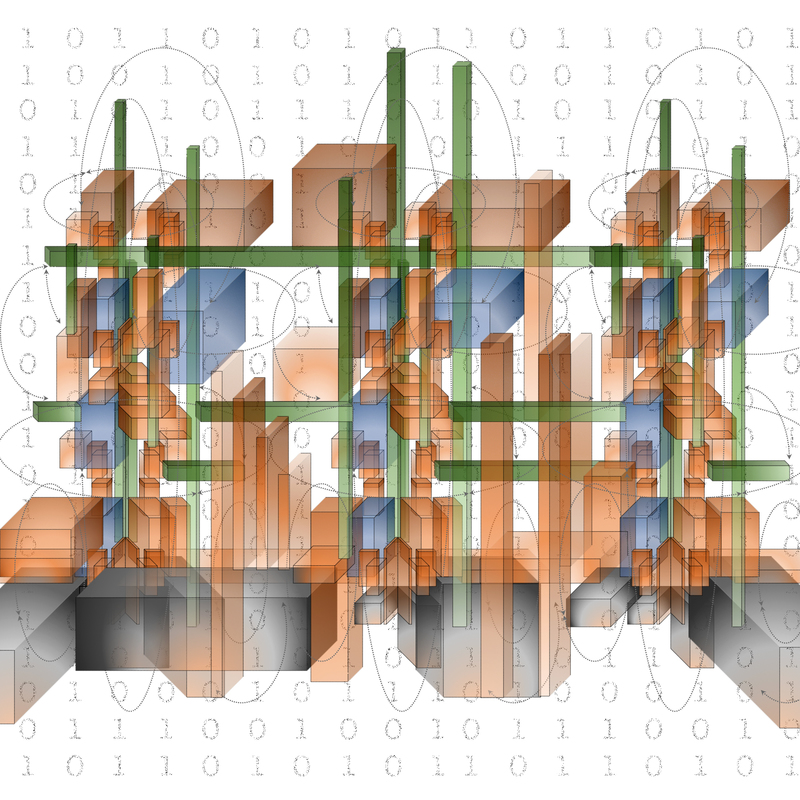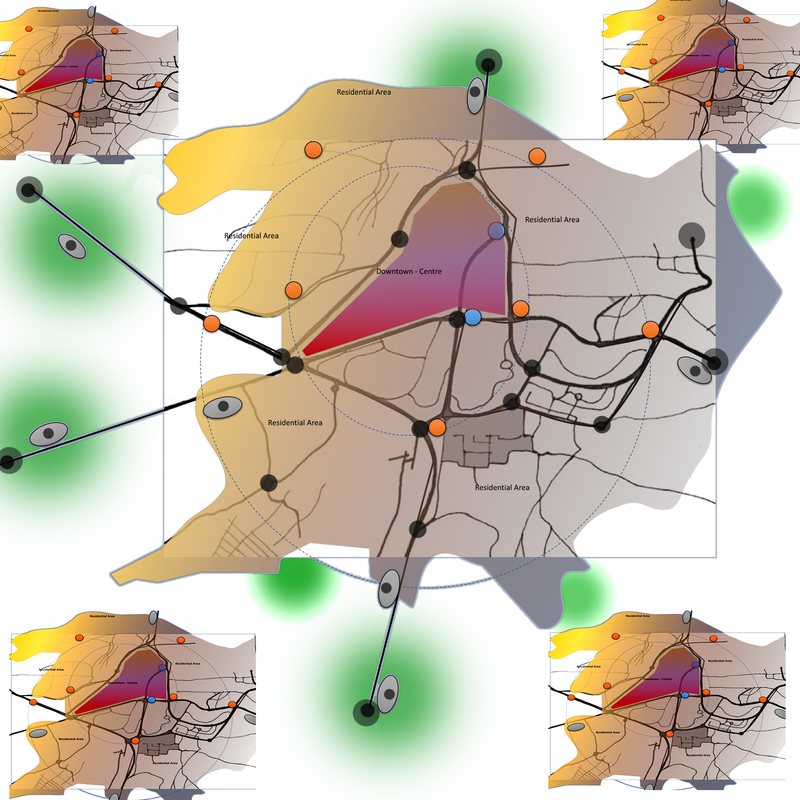Search
Editorial Volume 6, Issue 2
DOI: 10.17160/josha.6.2.543
New in JOSHA: Publication statistics, more information, exceptional papers. This year 2019 was wonderful as far as the purpose of our magazine is concerned. We were working together making visits to Schmelzeisen in Freiburg, Germany and preparing some changes in the Website. As you may have seen, now our readers are able to see the statistics with the exact number of views and downloads of every article. Moreover, we have added three buttons on the right side of the Homepage, so you can get an option to visit our links directly to the upcoming events, to our prizes, and also see how you can become a member by clicking on the IASHA e.V. button. In another framework of ideas, we would like to remind you that you can immediately submit your work to participate in our Demetrios Prizes 2019. This time we are giving you again the opportunity to participate, to show to the world your researches and Ideas, and to win 500Euros.
Unraveling the syndrome of the age-associated diseases: Cancer, Cardiovascular, and Neurological disorders. Common pathways and novel therapeutic strategies
DOI: 10.17160/josha.6.2.539
Cardiovascular diseases and cancer are the most frequent causes of death in the industrialized world and their incidence increases significantly with age. Interestingly, autoimmunity is also seen with a higher frequency among older people. Is there a common pathogenic mechanism underlying this triad? One possible mechanism is the age-associated mutations that occur in all the cells of the human body capable of dividing. These mutations may lead to the formation of new proteins which can induce autoimmune reactions and inflammation that promote cancer and/or lead to an increased risk of cardiovascular disease. Here we review available evidence supporting the role of autoimmunity in the development of age-related diseases. If mutation-associated autoantibodies play a central role in the development of cardiovascular disease, cancer as well as neurological disorders, a new therapeutic option could be considered to switch off this key mechanism of the aging process.
Evaluation of GloWbE as a Tool for Big Data Corpus Linguistics
DOI: 10.17160/josha.6.2.538
Researchers have been interested in media and their impact on spoken and written language prior to the rise of the internet and Web 2.0. Plato already discussed the relationship between written and spoken language more than 400 BC. The chances that came with the beginning of digitalization are technical possibilities of detection, analysis, and evaluation of language. Academic disciplines such as linguistics and digital humanities are dedicated not only to dealing with digitalization and language but also to exploring their interrelationship, opportunities, and occurring (linguistic) phenomena. This paper critically questions Big Data practices in corpus linguistics research. I examine the Big Data corpus GloWbE (Corpus of Global Web-based English) as a linguistic research tool by highlighting advantages, emphasizing critical aspects, and presenting constructive approaches and concepts in the context of this paper.
“If You Speak It, You Play It”
DOI: 10.17160/josha.6.2.536
The central idea of my thesis is to establish a close relationship between specific drumming technique, which is based today on the study of the rudiments seen earlier, and a more general method of learning rhythm that uses strategies and suggestions from outside classical music theory, which is understood solely as a division system. The Greeks described rhythm with words that always point to a deep relationship between movement and the temporal arts. The fundamental distinction has always been between arsis and thesis, that is, between momentum and support. The original meaning of these two words had to do with the alternating struggle of all movements of the body against gravity; momentary impulses always followed by relapses and supports that originated new impulses.
Interactive Kinetic Architecture: Progressive Design Principles
DOI: 10.17160/josha.6.2.535
Interactive architecture encompasses building automation but goes beyond it by including forms of interaction engagements and responses that may lay in pure communication purposes as well as in the emotive and artistic realm, thus entering the field of interactive art. In the coming decades, a new interactive architecture process will continue to be largely implemented into the urban-architectural environment. Various performative art media also embark on interactive architectural design strategies. Therefore, the combination of sensors, processors, and effectors of the variable elements in the architectural structure transforms the perception and understanding of the architectural buildings from passive one into an active evolutive composition.
Editorial Volume 6, Issue 1
DOI: 10.17160/josha.6.1.534
The first month of 2019 has been very stimulating, check the " News &Views" section on the left side of our homepage. We have been visiting and working with prestigious artists and musicians including video interviews and reports. In addition, we have published a number of important articles in the fields of Medicine, Architecture, among others, covering the spectrum of sciences, humanities, and arts. We are also constantly improving our Website for you. Now articles can be classified into more than one category. Furthermore, also videos may be added to your articles as a link. To watch press the button “Watch Video” at the bottom of the respective article. You may also select articles by sections such as Medicine etc. on the left side of the homepage. Furthermore, you may select articles by language and search words of your choice. Shortly, the statistics of each article will be available to our readers, covering the time since October 2019.
3D printed scaffold to monitor hanging drops on inverted microscopes
DOI: 10.17160/josha.6.2.531
Growing cells in 3D cell culture became a major field in cell biology over the last decade. Cells growing in a dimensionally unrestricted space spontaneously form organoids or spheroids that express cellular behavior different from cells growing on a plane surface. However, monitoring three dimensional spheroids on standard inverted microscopes proved difficult since hanging drops are often outside the focus range. Here I present the design and production of a cover slip tray by conventional additive printing (3D printing) able to fit into a single well of a six-well plate to enable the observation of hanging drop spheroids using inverted microscopes.
Emergency Reconstruction of Primary Schools in post-conflict context: the case of Kosovo
DOI: 10.17160/josha.6.1.530
The post-war situation in Kosovo after 1999, in most cities and especially in rural settlements, was immensely difficult due to completely or partially burned public facilities, among which, school buildings suffered the most. To recover such a state, emergency interventions from many international organizations besides reconstruction of residential buildings being the priority of the programs were mainly focused in the improvement of the primary school buildings’ infrastructure, as it was an important factor to return residents in their settlements. The purpose of this study is to analyze the process of emergency design and construction of primary schools in the post-war period in Kosovo, from 1999 and afterward, also to investigate the impact of the used standards on the reforming of the educational system.
Anxiety and Urban Stress for Parking Spots
DOI: 10.17160/josha.6.1.525
The lack of a sustainable urban mobility plan for the city of Pristina and its linkage to spatial plans in the future will bring serious problems for the city, which will have a negative impact on the quality of life. Lack of a serious and professional approach to sustainable city planning, uncontrolled expansion and without predetermined criteria, social cohesion and services have brought the city to a critical point of development. It is clear that the factual situation of parking lots in Pristina is problematic. The need for parking spaces and public parking garages in Prishtina are very immediate. There is no parking plan where there are legal, private parking, illegal parking lots. Therefore, it is important to provide data on the basis of which will be the best solution for parking regulation and categorization.
Editorial Volume 5, Issue 10
DOI: 10.17160/josha.5.10.522
We are happy to end 2018 in a successful way with all your support and hope to have a wonderful 2019 overflowing with endless interesting articles from all over the world. The Editorial Board and everybody in JOSHA would like to thank our readers and authors for supporting this project. Moreover, we were receiving around 100 articles that conform to a total of almost 300 articles since 2014 with more than 400,000 visits and more than 300,000 downloads, and concerning this last issue, in December 2018, a total of 7 articles belonging to the areas of medicine, architecture and design, music, visual arts, and politics were published. We also like to remind you to make comments on the articles as well as we wish all our readers a joyful reading experience.
.jpg?1551533229)




.jpg?1549201819)



